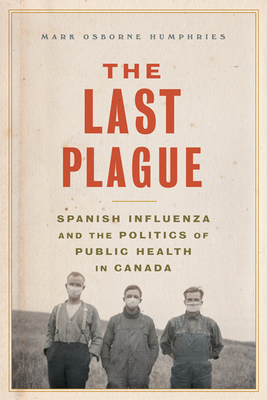Expedite your nonfiction book discovery process with Readara interviews, summaries and recommendations, Broaden your knowledge and gain insights from leading experts and scholars
In-depth, hour-long interviews with notable nonfiction authors, Gain new perspectives and ideas from the writer’s expertise and research, Valuable resource for readers and researchers
Optimize your book discovery process, Four-to eight-page summaries prepared by subject matter experts, Quickly review the book’s central messages and range of content
Books are handpicked covering a wide range of important categories and topics, Selected authors are subject experts, field professionals, or distinguished academics
Our editorial team includes books offering insights, unique views and researched-narratives in categories, Trade shows and book fairs, Book signings and in person author talks,Webinars and online events
Connect with editors and designers,Discover PR & marketing services providers, Source printers and related service providers

The Last Plague: Spanish Influenza and the Politics of Public Health in Canada
History > Canada - General
- University of Toronto Press
- Paperback
- 9781442610446
- 9 X 6.04 X 0.82 inches
- 1.15 pounds
- History > Canada - General
- (Single Author) Asian American
- English
Readara.com
Book Description
The 'Spanish' influenza of 1918 was the deadliest pandemic in history, killing as many as 50 million people worldwide. Canadian federal public health officials tried to prevent the disease from entering the country by implementing a maritime quarantine, as had been their standard practice since the cholera epidemics of 1832. But the 1918 flu was a different type of disease. In spite of the best efforts of both federal and local officials, up to fifty thousand Canadians died.
In The Last Plague, Mark Osborne Humphries examines how federal epidemic disease management strategies developed before the First World War, arguing that the deadliest epidemic in Canadian history ultimately challenged traditional ideas about disease and public health governance. Using federal, provincial, and municipal archival sources, newspapers, and newly discovered military records - as well as original epidemiological studies - Humphries' sweeping national study situates the flu within a larger social, political, and military context for the first time. His provocative conclusion is that the 1918 flu crisis had important long-term consequences at the national level, ushering in the 'modern' era of public health in Canada.
Author Bio
I am originally from Gravenhurst, Ont., and completed my Honors BA and MA in history here at Wilfrid Laurier University. I then received my PhD in history from the University of Western Ontario in early 2009.
Prior to coming to Laurier in 2014, I taught at Mount Royal University in Calgary (2008-2011) and Memorial University of Newfoundland (2011-2014).
Research Interests
As a researcher, I am primarily focused on the First World War and its aftermath, exploring the medical and social effects of war on people’s lives and the development of the state. I have written on the 1918 influenza pandemic, shell shock, self-inflicted wounds, and domestic discontent as well as the operational history of the Canadian Expeditionary Force, including the life of Arthur Currie, tactics, and the experience of soldiers in the trenches.
I am also co-editor of a five-volume series of translations from the German official history of the Great War, Der Weltkrieg, titled Germany’s Western Front.
I am currently working on a book on shell shock in the Canadian Expeditionary Force (CEF), specifically examining how the concept of shell shock evolved from the masculine culture of the trenches and became a site of negotiation between soldiers, doctors, and senior officers.
This is the first of two volumes, the second of which will look at how shell shock and wartime trauma shaped the life experience of veterans and their families through to the 1970s. Both are funded by a major SSHRC Insight Grant, Through Veterans’ Eyes, which will allow us to digitize more than 12 million pages of records documenting the lives of Great War veterans.
Source: Wilfrid Laurier University
Videos
No Videos
Community reviews
No Community reviews

